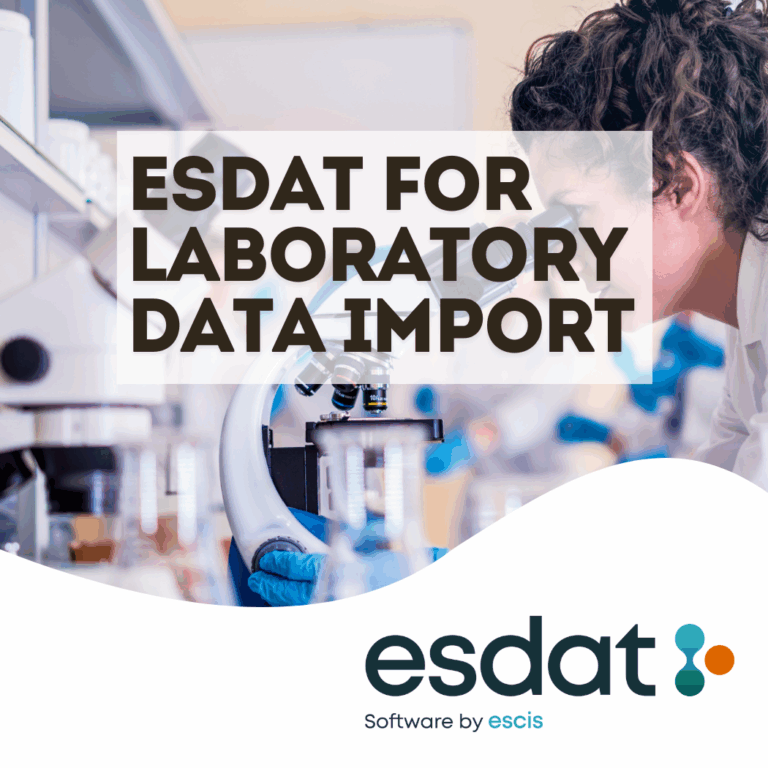An environmental data management specialist ensures that an organization’s environmental data is accurately collected, managed, and stored. This can include developing environmental data management systems, overseeing data entry and quality control, and preparing reports on environmental data. An environmental data management specialist requires a strong understanding of environmental science and information technology.
What do environmental data management specialists do?
- Environmental data management specialists are responsible for organizing and storing data related to the environment. This can include data on air quality, water quality, and wildlife populations.
- They may also be responsible for analyzing this data to identify trends or patterns. This information can be used to inform decision-making around environmental policy or resource management.
- Environmental data management specialists work in government agencies or NGOs, though some work in the private sector. They need strong analytical and technical skills and experience working with environmental data.
What skills does an environmental data management specialist need?
An environmental data management specialist is responsible for maintaining and organizing environmental data. They must be able to understand and interpret data and have strong computer skills.
An environmental data management specialist must understand environmental science concepts strongly. They should also be familiar with environmental regulations and reporting requirements. Strong computer skills are essential, as they will use software to manage and analyze data. They should also be able to communicate effectively, both written and verbally.
How to become an environmental data management specialist?
An environmental data management specialist is responsible for managing and maintaining environmental data. This can include air quality data, water quality data, and waste data.
Becoming an environmental data management specialist typically requires a bachelor’s degree in environmental science or a related field. Some employers may also require certification from a professional organization, such as the American Association for Laboratory Accreditation.
What are the career prospects for an environmental data management specialist?
The demand for professionals managing environmental data is rising as the world becomes increasingly digitised. Environmental data management specialists collect, organize and analyze environmental data. They use this data to help organizations make informed decisions about their environmental impact.
The career prospects for environmental data management specialists are excellent. With the proper training and experience, they can find employment in various industries, including government, healthcare, energy and manufacturing. In addition, many data management specialists start their own businesses or consultancies.
Data management specialists need to have strong analytical and problem-solving skills. They must be able to work with large datasets and identify trends and patterns. They also need to be able to communicate complex information clearly and concisely.
What are the challenges faced by environmental data management specialists?
Every day, environmental data management specialists face the challenge of collecting and storing an ever-increasing amount of data. The problem is that this data is often spread across different platforms and formats, making it difficult to manage.
Another challenge environmental data management specialists face is ensuring that the data is accurate and up-to-date. This can be a difficult task, as the data may come from various sources with different update schedules.
Finally, environmental data management specialists must communicate their findings effectively to those needing them. This means being able to present the data clearly and concisely, as well as being able to answer any questions that arise.
How to meet the challenge of environmental data management
Environmental data management software is a tool that helps organizations track and manage environmental data. It can help organizations keep track of emissions, waste, and other environmental data. It can also help organizations identify and solve environmental problems.
Software like ESdat, by Earth Science Information Systems, is an intuitive and user-friendly software that helps environmental scientists and engineers manage a wide range of groundwater and environmental data. ESdat accepts and compiles data from laboratories, field programs, data loggers, sensors, historical sources, and environmental standards. ESdat accepts and compiles data from laboratories, field programs, data loggers, sensors, historical sources, and environmental standards.






